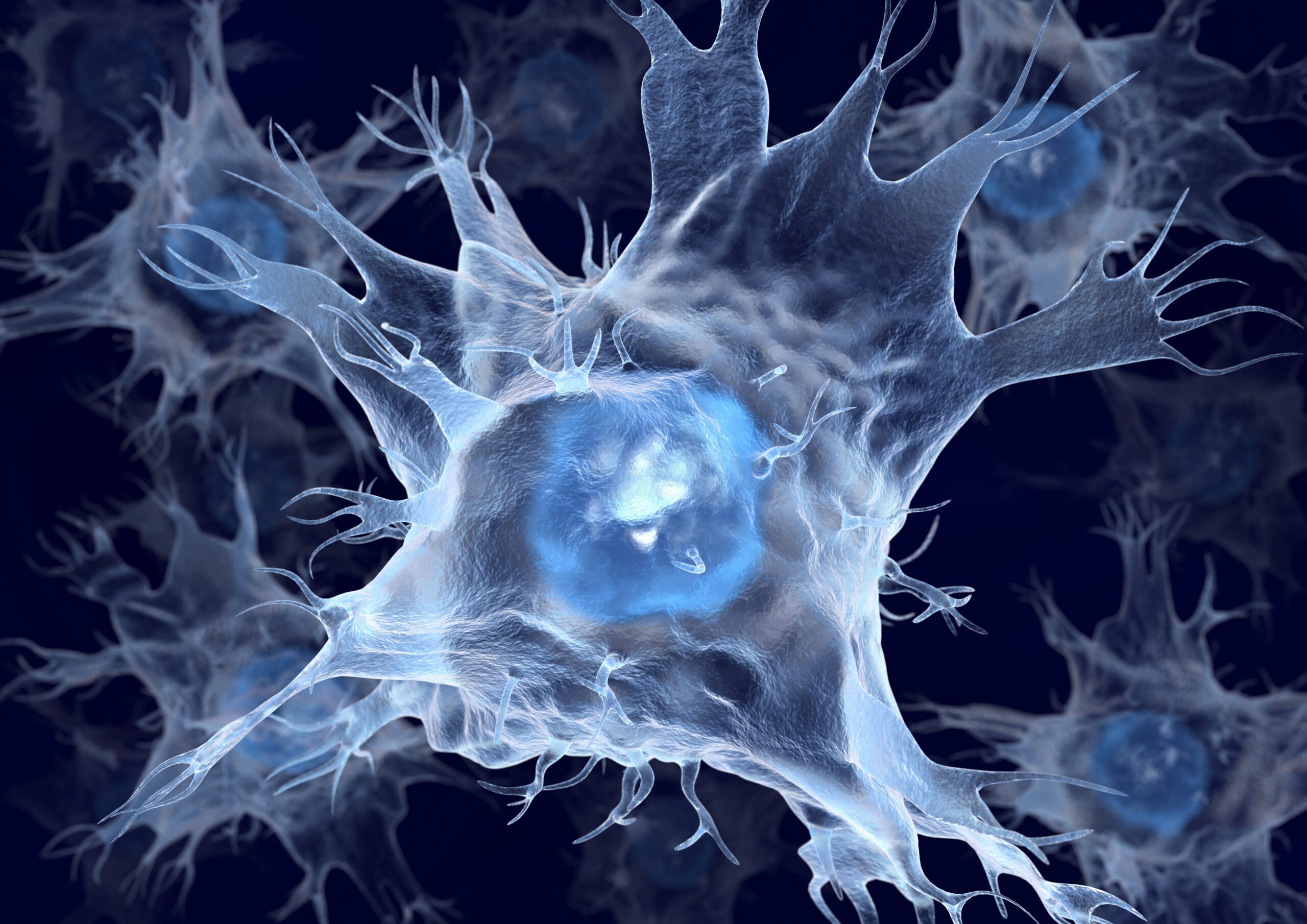Our Pipeline
Program
DC-Stim
DC-Stim
DC-Stim
DC-Tol
Indication
Oncology
Infectious Disease - Viral
Infectious Disease - Bacteria
Autoimmune Disease
Preclinical PoC
Device Development
IND Enabling Studies
IND
Latest Publications
PUBLICATION
May 2020
| OncoImmunology
Alvero et al.

PUBLICATION
March 2020
| Science Advances
Han et al.

PUBLICATION
July 2019
| Int Rev Cell Mol Biol.
Edelson et al.



